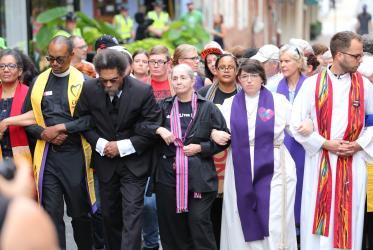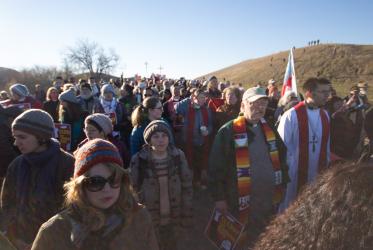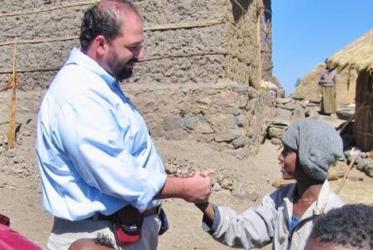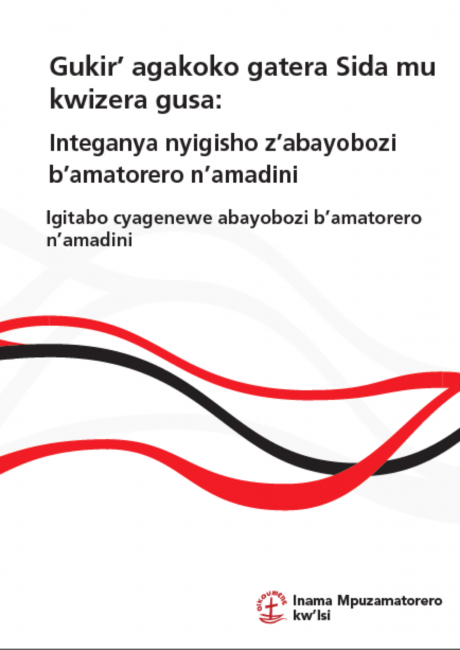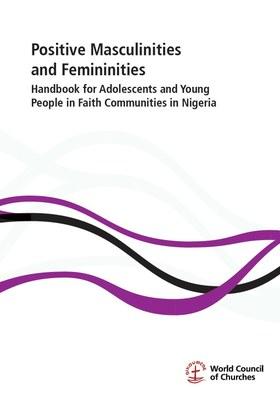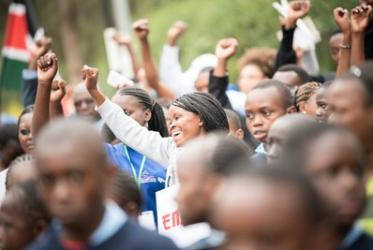Displaying 121 - 140 of 185
14 - 17 June 2021
https://us02web.zoom.us/webinar/register/WN_U6s791s5TPqMZAywAFMdYA
Online prayer service on World AIDS Day
01 December 2020
Webinar - “People on the Move: Solidarity and Advocacy”
12 November 2020
https://www.oikoumene.org/live
Treatment Adherence and Faith Healing in the Context of HIV and AIDS in Africa
Training Manual for Religious Leaders
25 October 2020
WCC Eco-School 2021 for Pacific region on Water, Food and Climate Justice
22 - 28 February 2021
Positive Masculinities and Femininities
Handbook for Adolescents and Young People in Faith Communities in Nigeria
19 October 2020
Healing Together
A Facilitator’s Resource for Ecumenical Faith and Community-Based Counselling
15 October 2020
Online prayer service for World Food Day
16 October 2020
WEBINAR - "Church Apologies for racist past: Moving from Statements to Prophetic Action"
30 March 2020
On line
